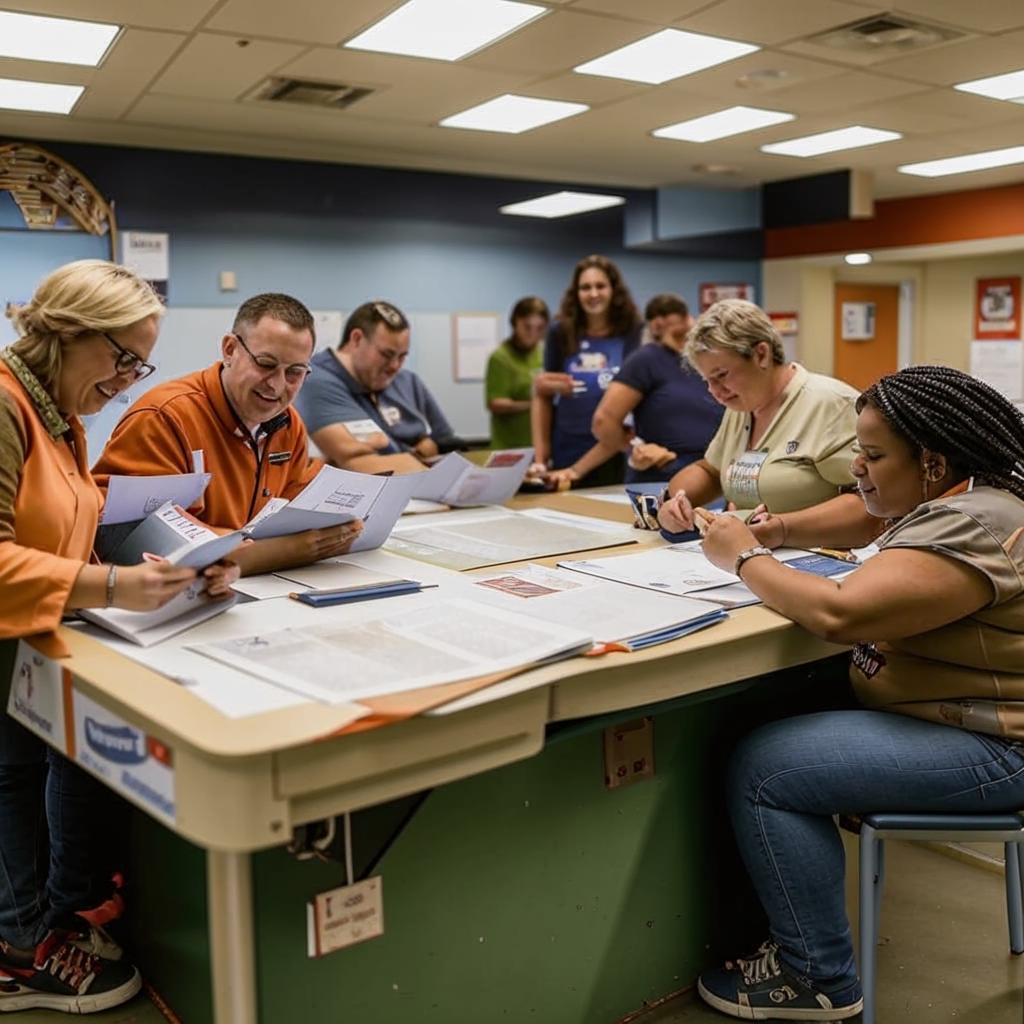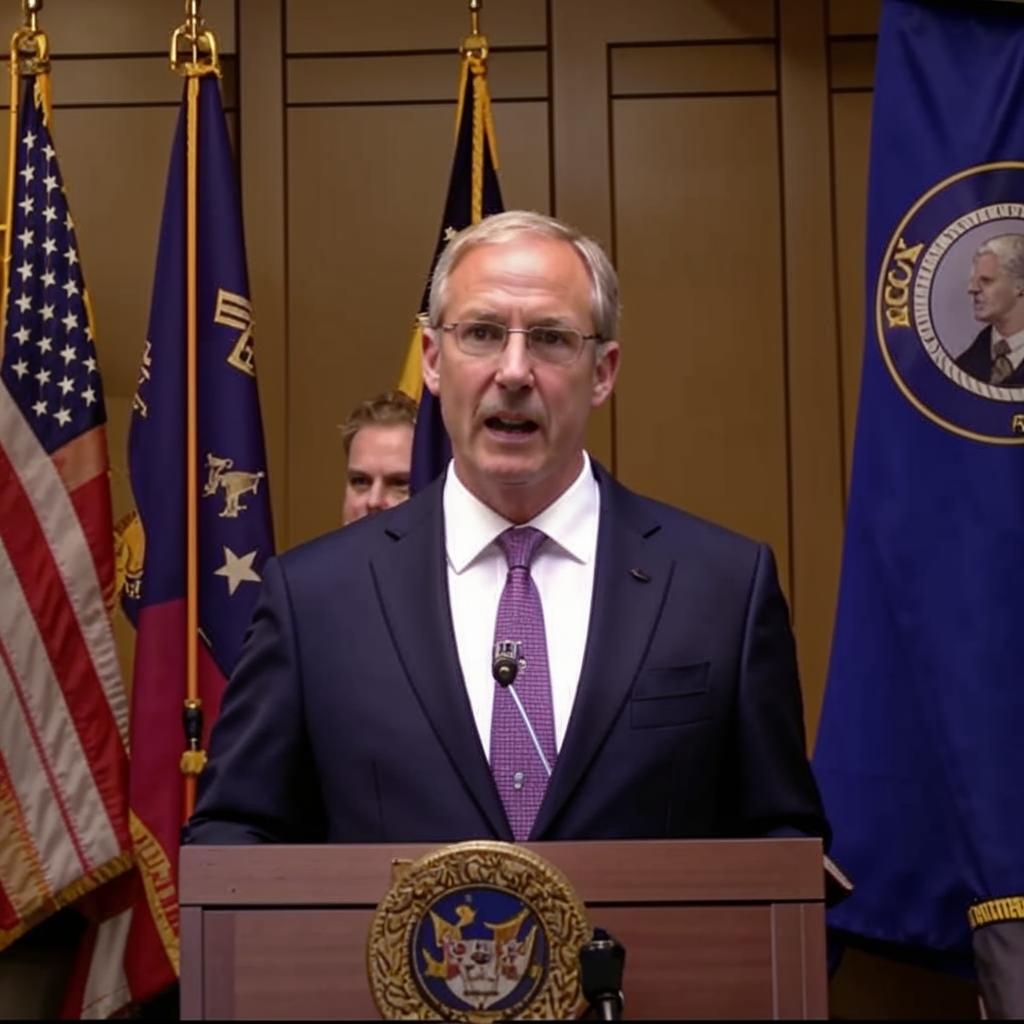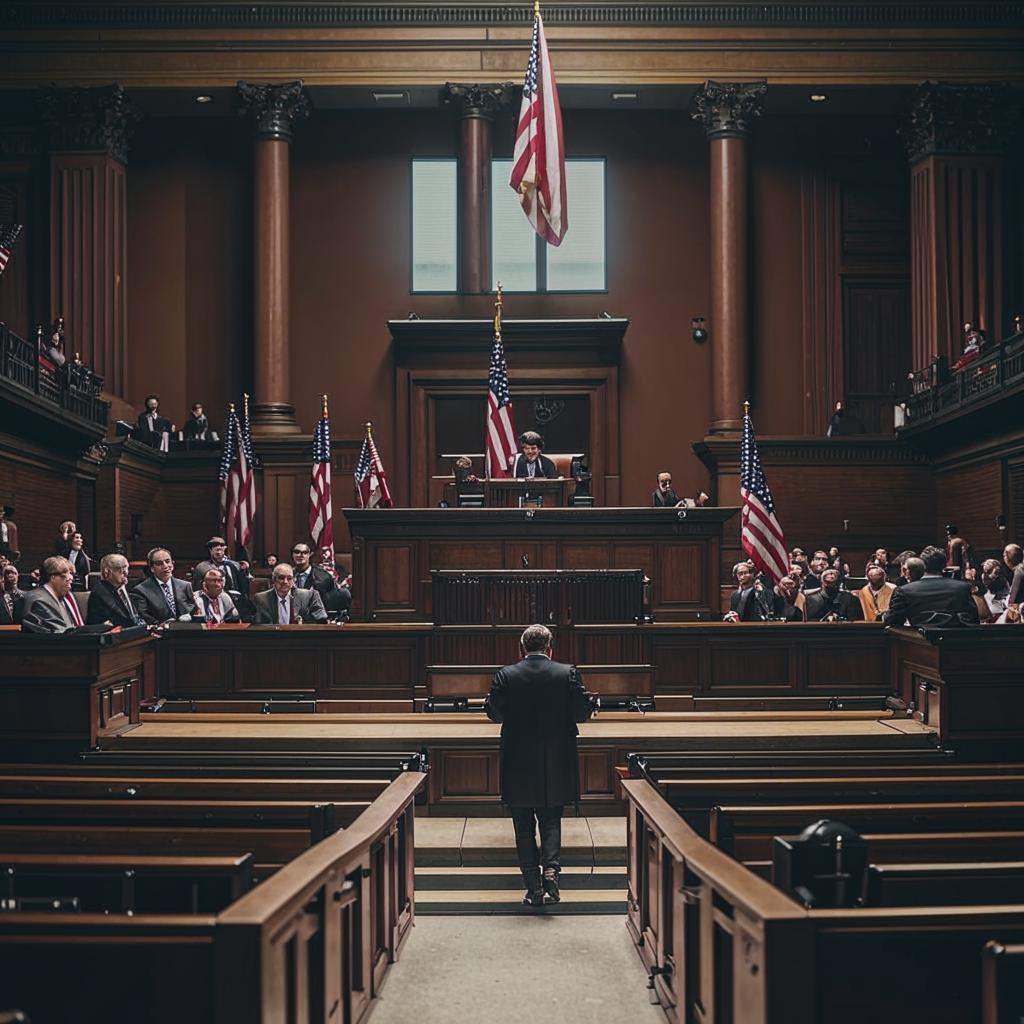Across the United States, election officials are actively recruiting bilingual poll workers to better reflect the nation’s growing diversity. This initiative aims to ensure fair and accessible elections for all citizens, particularly those with limited English proficiency. Language barriers can significantly hinder participation in the democratic process, and having bilingual poll workers available to assist voters is crucial for overcoming this obstacle.
The need for bilingual poll workers is especially pronounced in communities with large populations of non-English speakers. These workers can provide language assistance, translate ballots and instructions, and answer questions, making the voting process less intimidating and more inclusive.
Recruiting a diverse pool of poll workers also helps to build trust within communities. When voters see poll workers who reflect their own backgrounds and understand their cultural nuances, they are more likely to feel comfortable and confident in the integrity of the election process. Several organizations and election boards are actively working to recruit, train, and place bilingual poll workers in areas where they are most needed. These efforts include targeted outreach to community groups, language schools, and cultural organizations. Furthermore, some jurisdictions offer additional compensation or incentives to attract bilingual individuals to serve as poll workers.
The push for bilingual poll workers is not only about ensuring language access but also about promoting civic engagement and empowering underrepresented communities. By making the voting process more accessible and inclusive, election officials can help to increase voter turnout and strengthen democracy. The presence of diverse poll workers is a step towards equitable elections.














